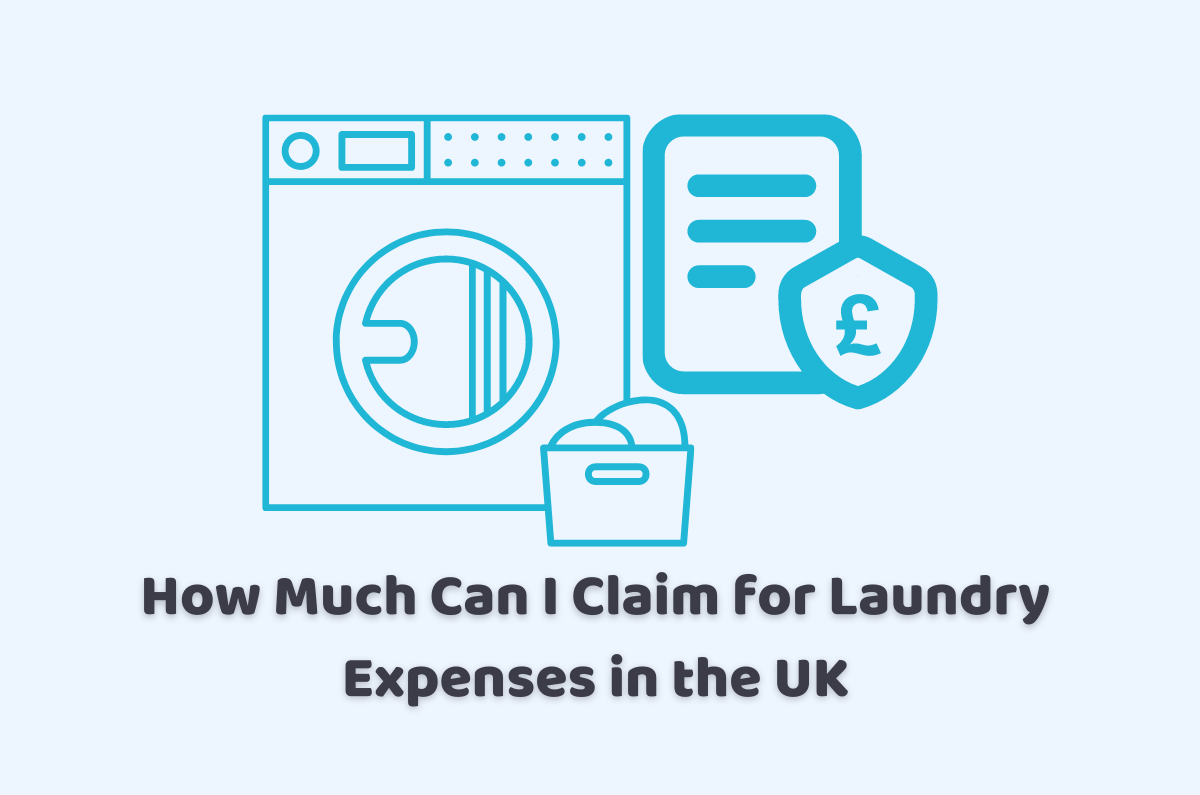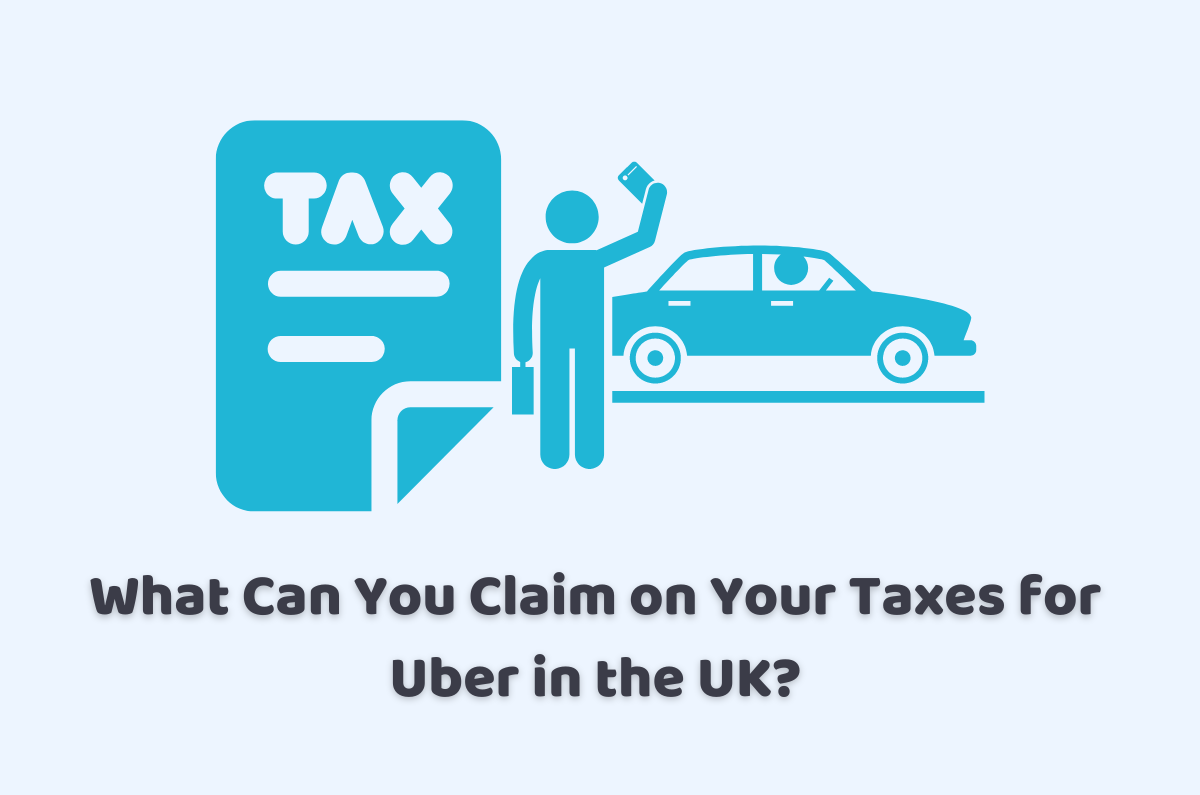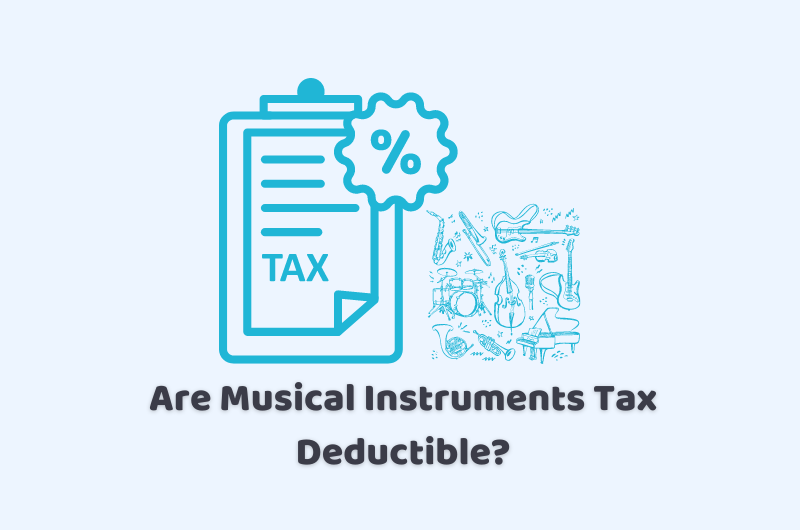
26/02/2024Accountants , Budgets & Other , Business , Business Growth Ideas
Are you wondering how much can i claim for laundry expenses? Laundry expenses can be a legitimate business expense for self-employed individuals and certain types of businesses in the UK. However, the rules and regulations surrounding the deductible cost of these expenses can be complex and confusing.
The purpose of this discussion is to provide an overview of the basics of claiming laundry expenses as a tax deduction. Including the types of clothing that can be considered, the extent to which cleaning and maintenance costs can be deducted, and the specific record-keeping requirements that must be met. We’ll discuss some of the potential limitations and drawbacks of claiming these expenses.
By the end of this discussion, readers should have a solid understanding of the basic principles of claiming laundry expenses as a tax deduction in the UK. Also, be able to make informed decisions about whether or not to claim these expenses on their tax returns.
Reach out to one of our professionals to get to know about claiming laundry expenses in the UK. Get in touch and you will be provided instant professional help!
Which Industries Claim Laundry Expenses?
In the UK, businesses can claim laundry expenses if they have an ordinary business need for clothes washing. Or even dry cleaning in the normal course of their business activities.
1. Healthcare and Social Care
Healthcare and social care workers commonly need to wash uniforms, linens, and other items that come into contact with customers.
2. Hospitality and Retail
Workers in restaurants, hotels, and retail stores often require professional laundry services to clean uniforms and other clothing required for their jobs.
3. Construction and Manufacturing
Construction and manufacturing workers often need to wash or dry clean protective clothing, such as hard hats, coveralls, and safety boots.
4. Maintenance and Cleaning
Maintenance and cleaning staff members may also require laundry services to clean uniforms and other work clothing.
It’s worth noting that claiming laundry expenses can be complicated and requires specific record-keeping to ensure compliance with tax laws.
What Type of Clothing is it?
The type of clothing that can be claimed as a business expense regarding laundry expenses would typically be items of clothing that are required for employment. Such as uniforms, workwear, and protective clothing.
In some cases, laundry expenses can also include items such as hotel linens, restaurant tablecloths, and other non-clothing items that are used for business purposes.
In general, any item that is used primarily for business purposes and is not considered to be personal can be claimed as a business expense for tax purposes.
What About Laundry Specifically?
While there are a variety of items that can be claimed as deductible business expenses, laundry expenses specifically typically refer to the costs of cleaning. Also maintaining work-related clothing or uniforms. This may include the cost of dry cleaning, washing, steaming, or ironing professional attire, uniforms, or work-specific clothing items for employees or contractors.
The exact rules around laundry expenses and other business-related deductions can vary greatly depending on your specific situation and location.
How Much Can I Claim for Laundry Expenses?
Well, how much can I claim for laundry expenses? The amount that you can claim for laundry expenses as a self-employed individual in the UK will depend on a variety of factors. Including the extent to which your laundry expenses are related to your self-employed trade, and the nature of your work. Whether you are claiming the expenses as a capital allowance or as a tax deduction.
As a self-employed individual, you can claim laundry expenses as a tax deduction. If you can show that the costs are wholly and exclusively for your self-employed trade. The amount you can claim will depend on the proportion of your clothing. That is used exclusively for work-related purposes, as well as the overall cost of your laundry expenses.
If you use specific uniforms or clothing that you purchased for your self-employed work, you may be able to claim the cost of purchasing. Also, the cost of maintaining these items is a capital allowance.
In general, it’s important to keep detailed records of your laundry expenses, including receipts and other documentation. You may also want to contact a tax advisor or qualified professional who can help you determine the specific rules and amounts that apply to your situation.
Can I Claim for These Costs if I am PAYE?
As an employee or PAYE (Pay-As-You-Earn) worker in the UK, you generally cannot claim laundry expenses as a tax deduction. This is because your employment or PAYE status means that your employment income is subject to payroll taxes. You do not necessarily have a direct business profit or loss to deduct costs from.
That being said, there are some circumstances where laundry expenses may be deductible for employees or PAYE workers. For example, if you are required to purchase and maintain uniforms or other work-related clothing as part of your employment. You may be able to claim the cost of these items as a tax deduction.
However, the rules around deducting work-related laundry expenses as an employee or PAYE worker can be complex. This may vary depending on your specific circumstances.
The Bottom Line
To conclude the discussion based on how much can I claim for laundry expenses, we can say that laundry expenses can be legitimate. Business expenses for self-employed individuals and certain types of businesses in the UK. However, the exact amount that can be claimed, and the rules around deducting these expenses. It can vary greatly depending on the nature of the business and the specifics of the claim.
If you are self-employed or a business owner in the UK, it is important to understand the tax rules and regulations surrounding deductible expenses. Including laundry expenses, and keeping detailed records of your expenses and claims to support your tax filings. If you are unsure about the rules or the amount that you can claim, it may be helpful to consult with a tax advisor or qualified professional.
For employees and PAYE workers in the UK, it is generally not possible to claim laundry expenses as a tax deduction. However, in some cases, employees and PAYE workers may be able to claim the cost of uniforms. Other work-related clothing that are required for employment, are subject to certain rules and guidelines.
Get in touch with our young, clever, and tech-driven professionals if you want to choose the best guide for claiming laundry expenses.
Disclaimer: The information about how much can i claim for laundry expenses provided in this blog includes text and graphics of general nature. It does not intend to disregard any of the professional advice.



